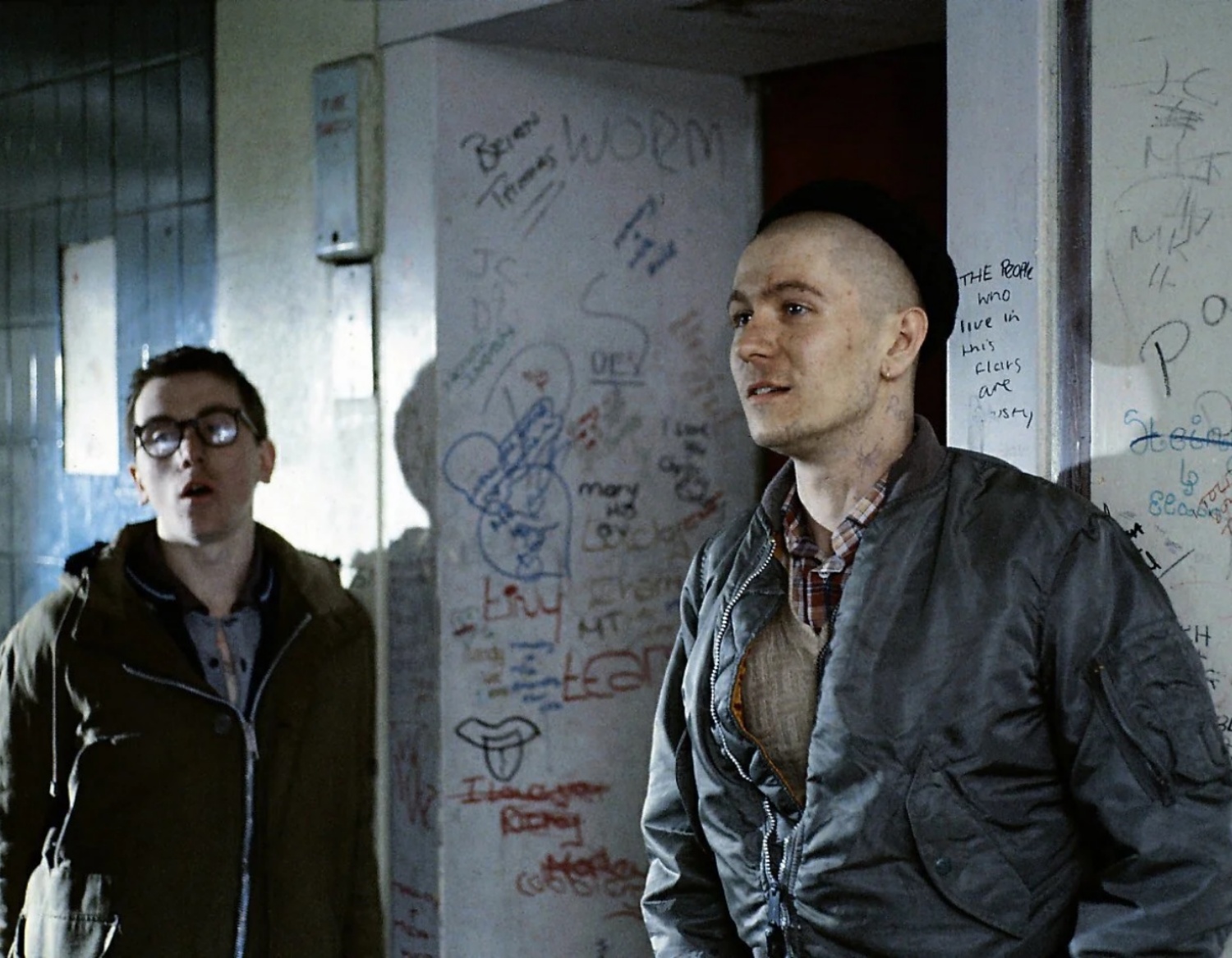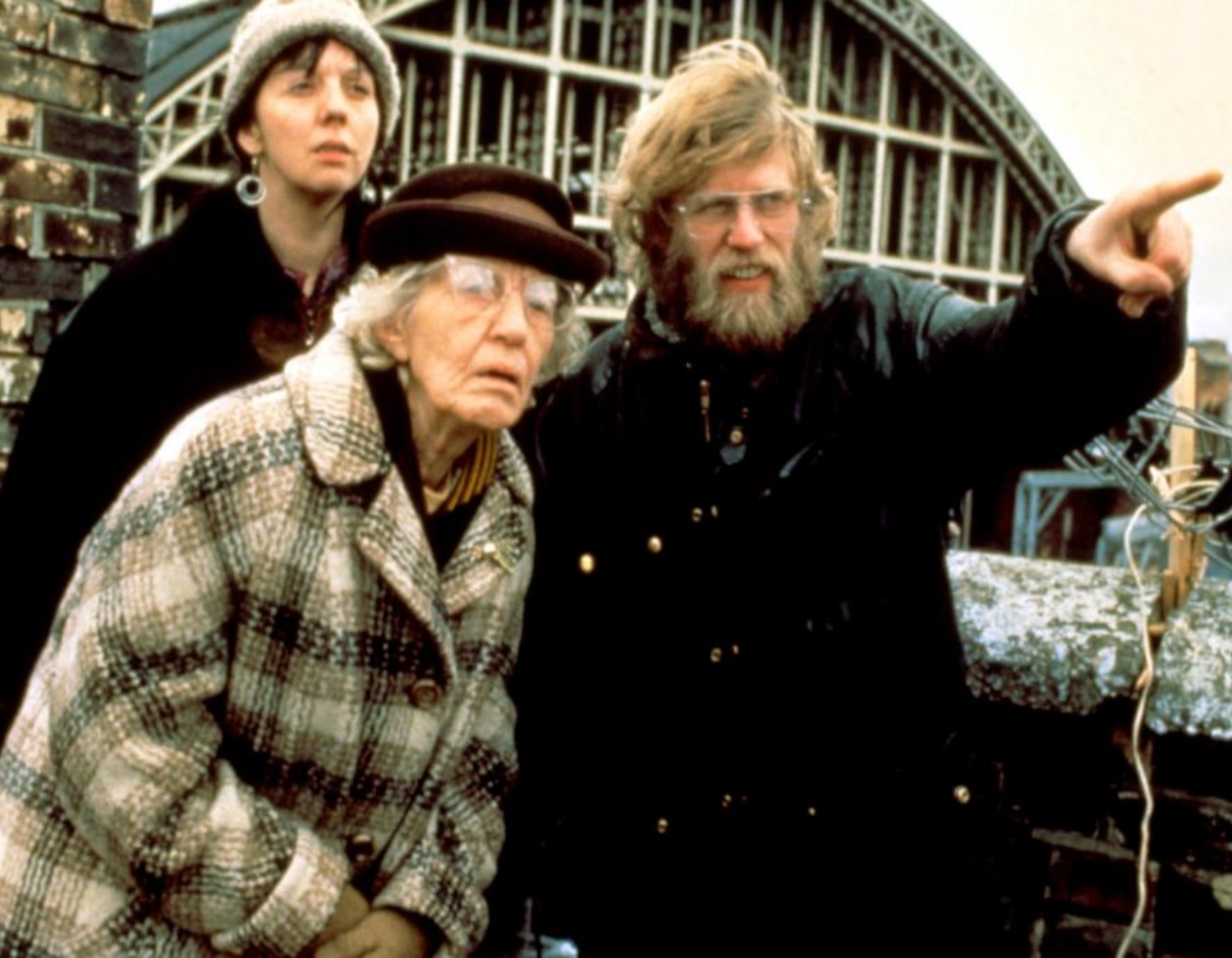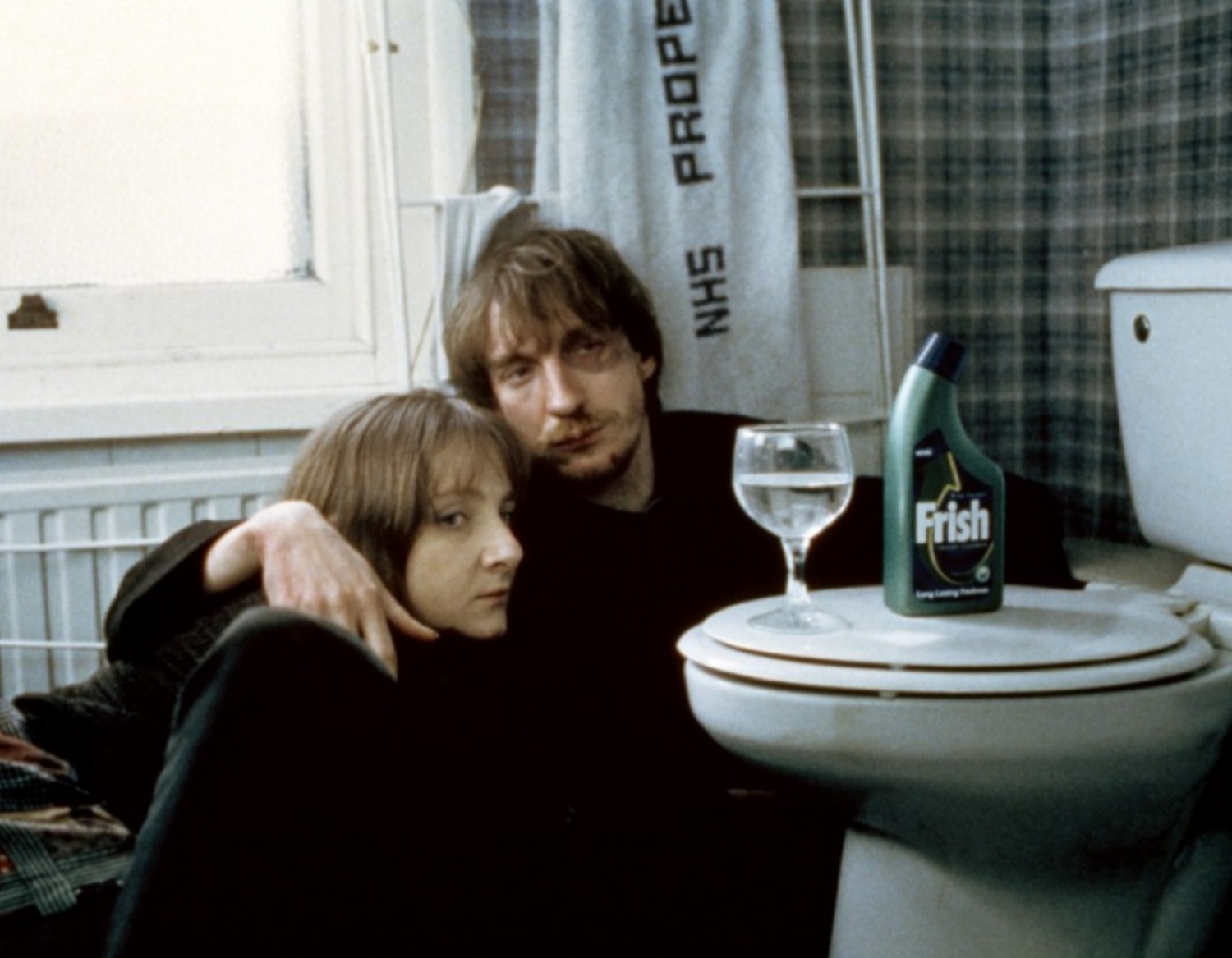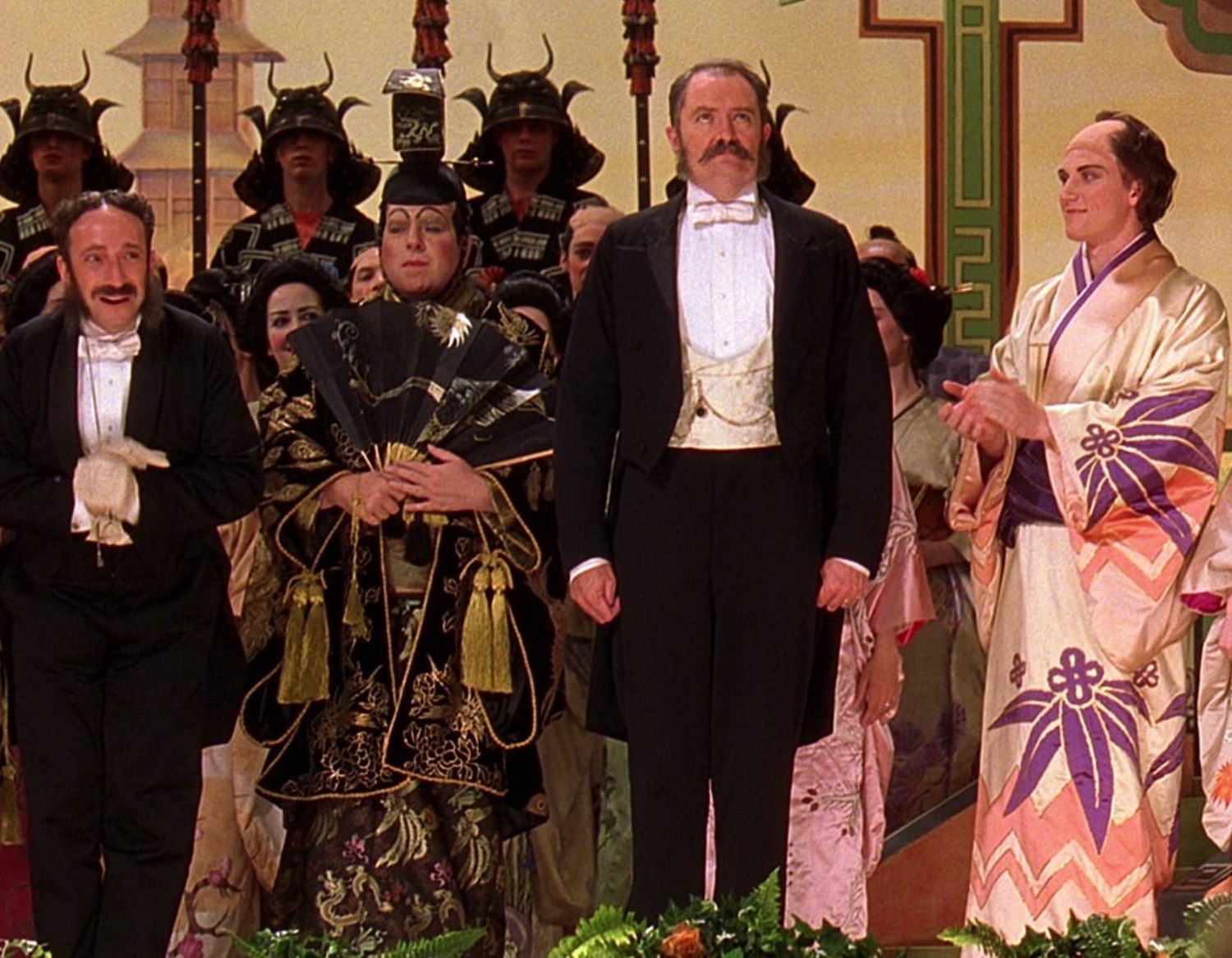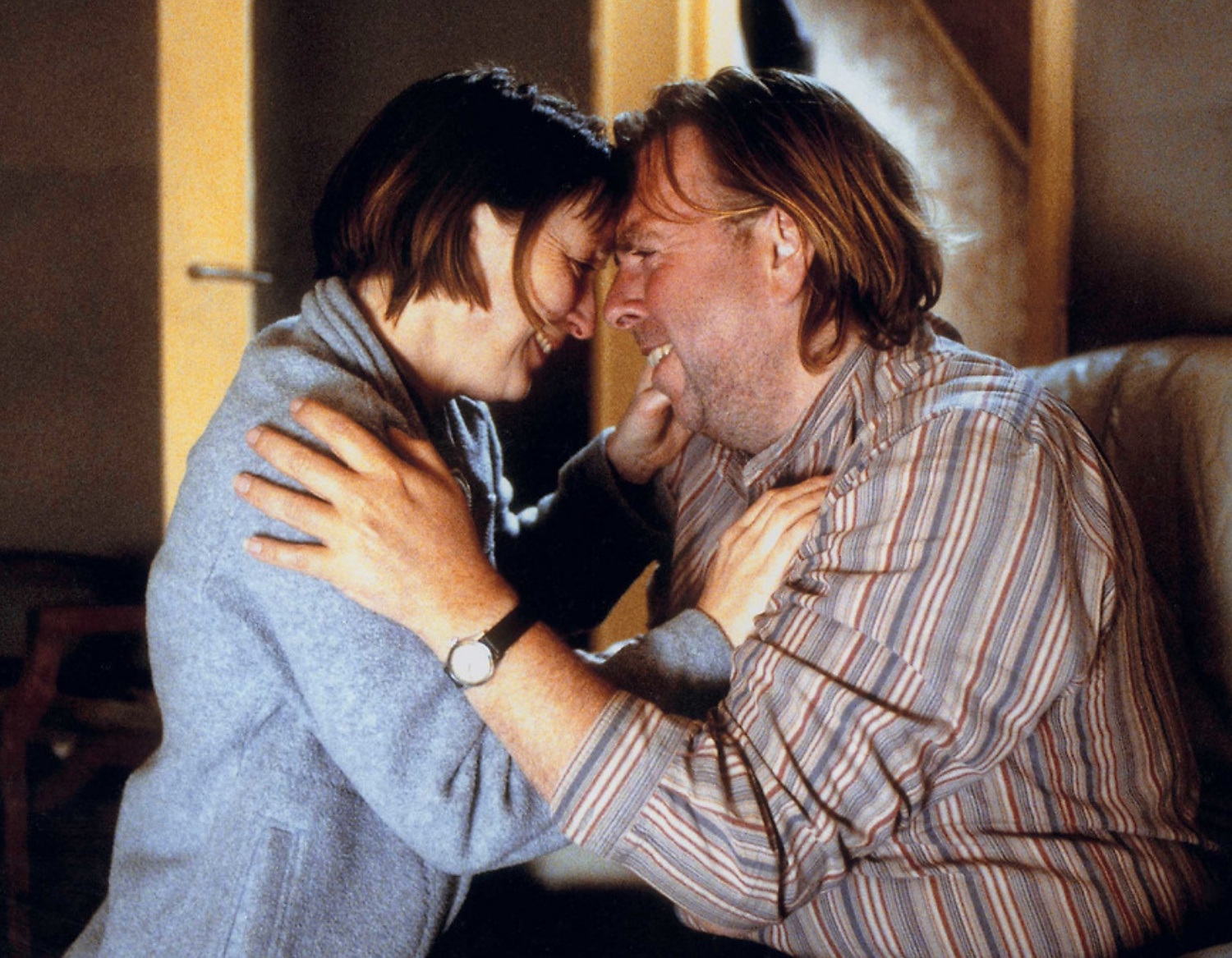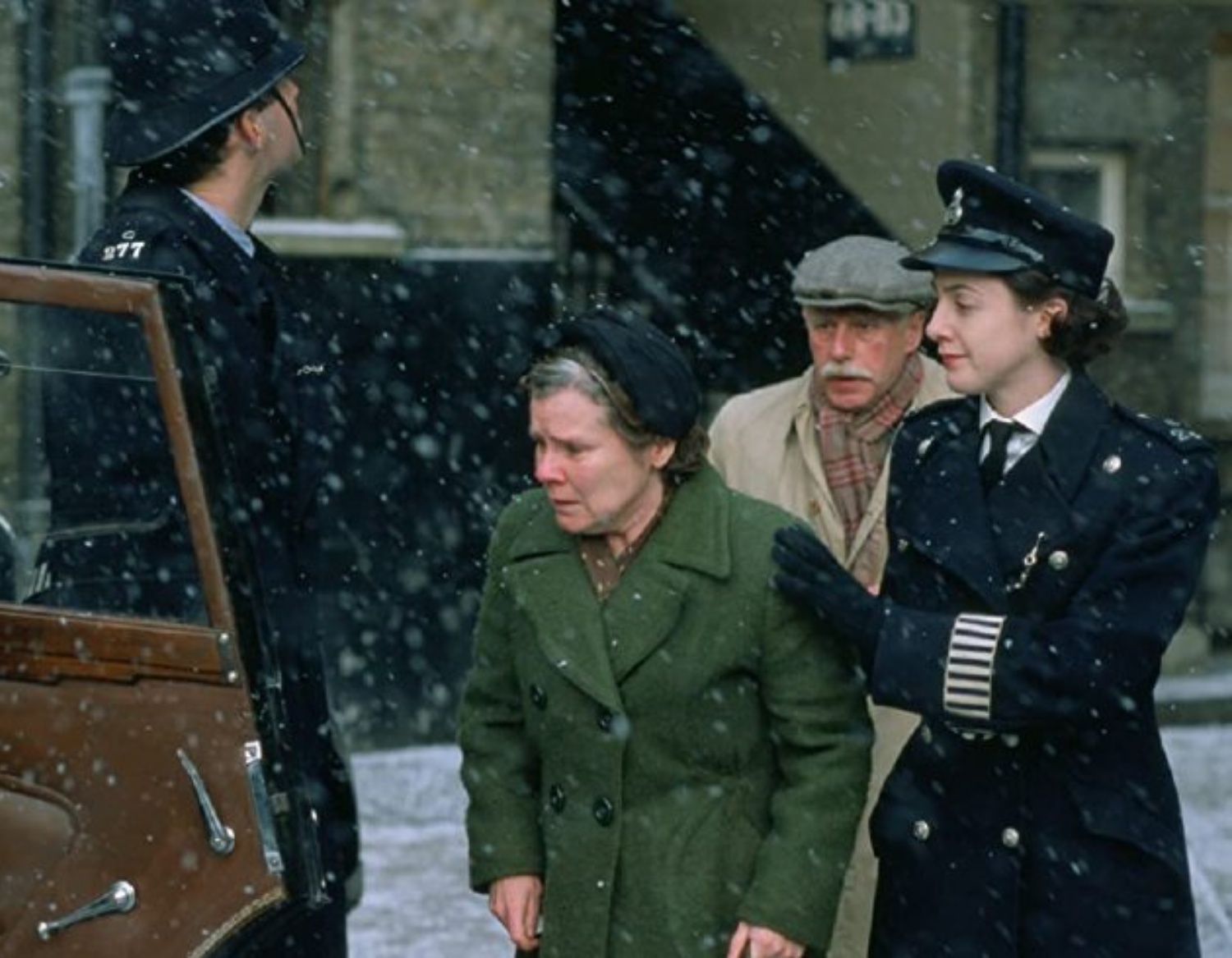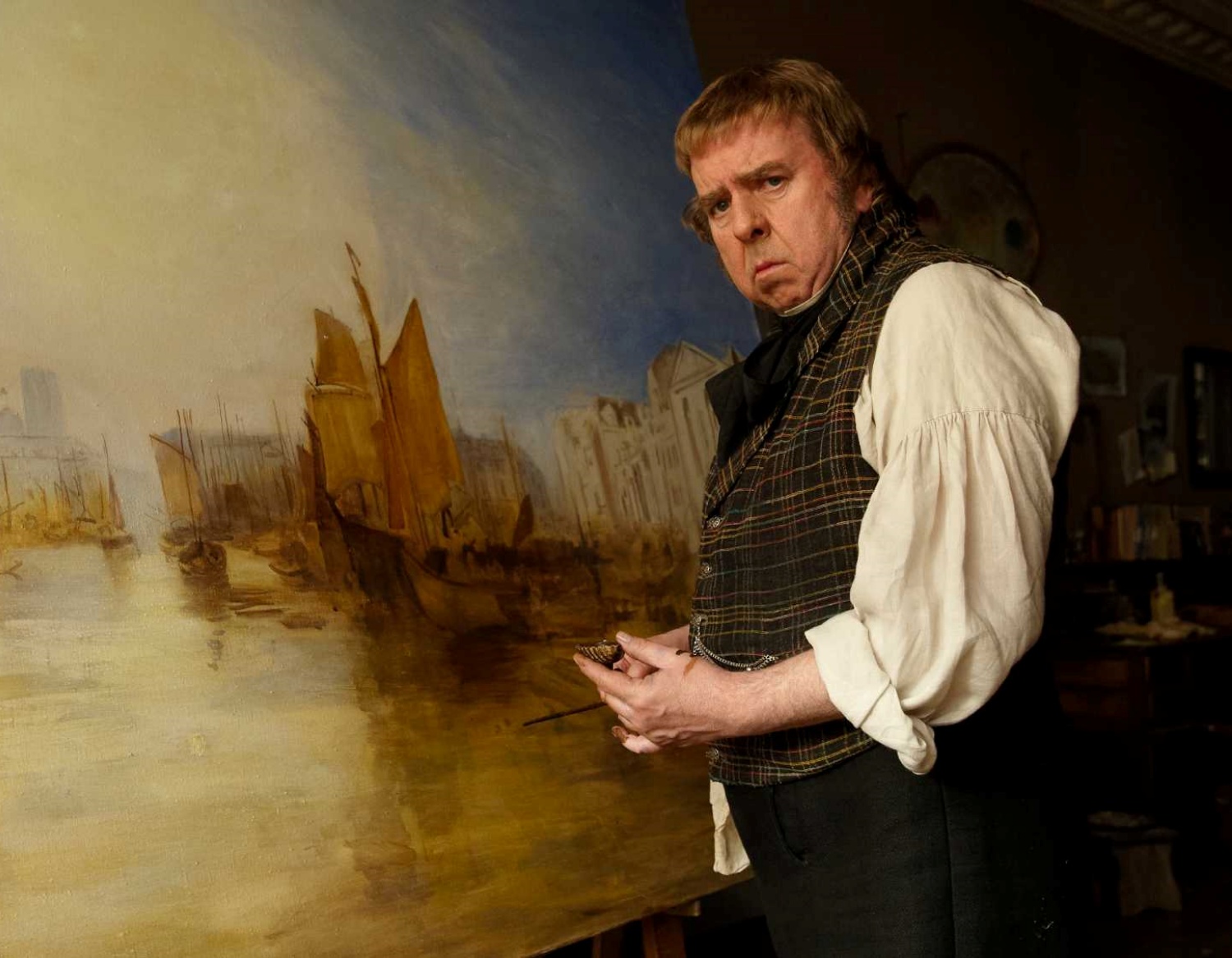Programme
Sweet Lie, Bitter Truth – The Cinema of Mike Leigh
Compassionate, incisive and strikingly true to life, the cinema of Mike Leigh follows a singular path from conception to screening. His is an immensely watchable filmography showered with acclaim, yet founded on a collective approach that has given riskaverse producers the willies.
Leigh’s projects famously begin without a script. Instead, the director guides actors to work up plotlines and characters through months of improvisation, research and rehearsals. Performers draw on people they’ve known, and even learn the trades their characters live off. The organic process extends to side parts, and by the time cameras run Leigh’s cast members are steeped in their roles and the story falls into shape. The meticulous approach also encompasses great detail in cinematography, art direction and more, often from longtime collaborators.
Leigh first studied acting, before turning to filmmaking classes under the influence of world cinema. He directed theatre works for several years, then made his debut feature film Bleak Moments (1971), based on his own play and transferring his work process from the stage.
Leigh’s approach was already scaring off investors, however, and he spent more than a decade directing plays and movies for TV. His return to cinema was the contemporary social comedy-drama High Hopes, and more of the type would follow – not least the beloved Cannes Palme d’Or winner Secrets & Lies. But Leigh’s cinema isn’t easily pinned down. Warmth and humour can spring from even the most crushing situations. Naked operates on a far darker level than earlier works, while the heartbreaking Vera Drake deals with the controversial topic of abortion. And period films Topsy-Turvy and Mr. Turner hold fascinating examinations of creative forces in theatre and visual arts.
Yet no matter the genre or period setting, Leigh’s cinema is marked by an abiding interest in and empathy for those he portrays. Whether opening the door to understanding struggling parents, capturing working-class worries or zeroing in on a famed painter’s troubled soul, Leigh strives for a bracing realism and, with it, our immersion in the lives exposed onscreen.

